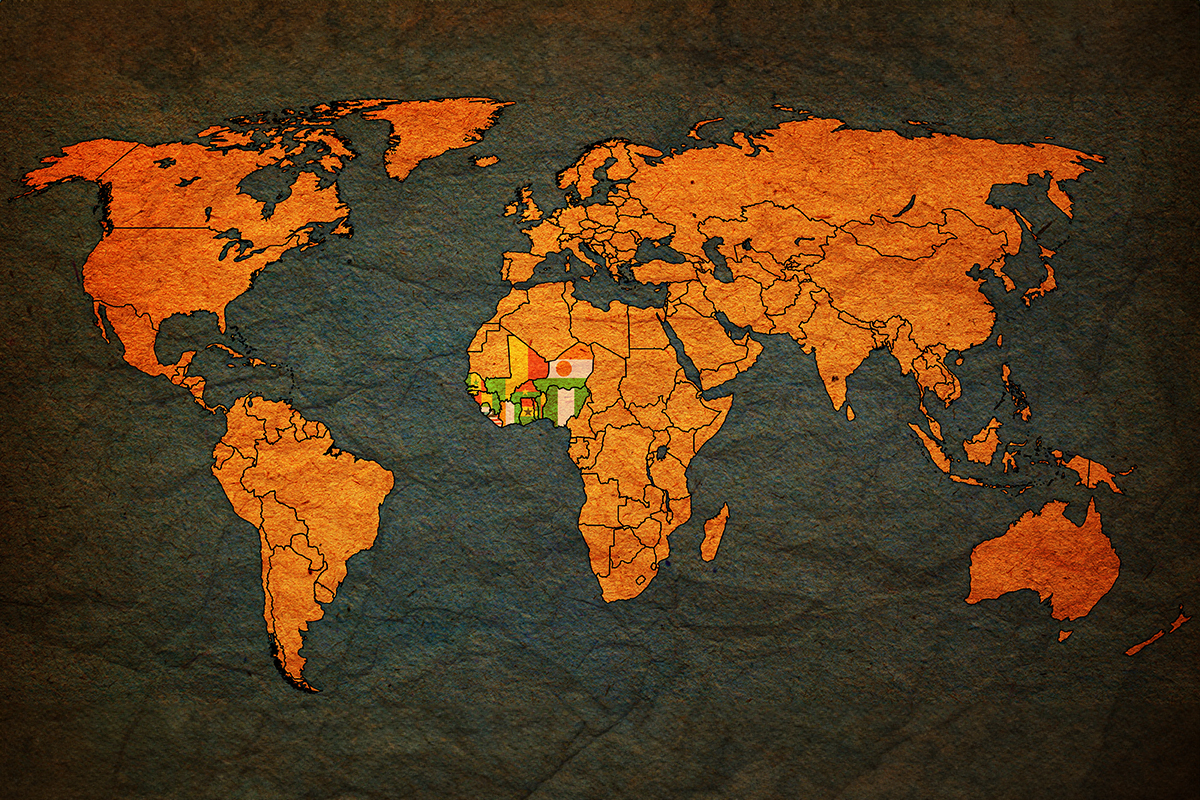West African leaders intensified their stance against the coup organizers in Niger by sanctioning the “activation” and “deployment” of a regional standby force to reinstate the constitutional order in the beleaguered nation.
In a session held in Abuja, Nigeria, post the lapse of their one-week ultimatum to Niger’s military regime, the Economic Community of West African States (ECOWAS) leaders pushed for a deployment “to reestablish the constitutional order in the Republic of Niger,” relayed through a proclamation by Omar Alieu Touray, the ECOWAS Commission’s Chief.
The details of the force’s “deployment” and “activation” remain uncertain. The communication further underscored a persistent commitment to maintaining various alternatives for a nonviolent crisis resolution.
The magnitude of the force has not been defined. After the ECOWAS briefing, President Alassane Ouattara of Ivory Coast disclosed that his nation would soon offer 850 to 1100 soldiers to bolster the standby force.
Ouattara expressed, “Immediate preparations, mobilization, and logistical arrangements will begin to ensure swift deployment to Niger.”
Earlier, the Nigerien defence ministry reported a 25,000-strong army.
Since the previous month, Niger has been embroiled in political turmoil following the overthrow of President Mohamed Bazoum in a coup orchestrated by the presidential guard. ECOWAS swiftly retorted by imposing sanctions and presenting a one-week ultimatum to the reigning military regime: capitulate or potentially face military intrusion.
This ultimatum lapsed on August 6, with no political resolution. While ECOWAS leaders prefer diplomacy, troop deployment remains a contingency plan.
All strategies from the extraordinary summit on July 30, 2023 that sanctioned the Nigerien military regime will be adhered to, says ECOWAS. Touray also hinted at repercussions for member states obstructing a peaceful crisis solution.
In a subsequent TV interview, Ouattara revealed ECOWAS leaders’ futile attempts at negotiation with the junta, which purportedly held the president “captive.”
Ouattara affirmed, “Immediate action is imperative.” He emphasized that the junta should counteract militants rather than detain a legitimately elected president. He further revealed his country’s troop mobilization in readiness for the ECOWAS mission.
Mali and Burkina Faso, presently under military leadership, alongside Guinea, voiced support for Niger’s junta, cautioning against any military actions as a war declaration.
As per sources, Niger’s military seems to be girding up for potential intervention. Recently, a 40-pick-up truck convoy was seen relocating troops within the country.
Several experts opined that immediate military intervention seems improbable due to the time required to amass ECOWAS troops. While indicating readiness, the announcement also signals to Niger’s junta about ECOWAS’s commitment, says Murtala Abdullahi, an Abuja-based analyst.
Niger’s situation, with its US-trained, battle-hardened army, becomes even more complex given the capture of its president, who is reportedly being utilized as a shield by the junta. Comparing this to the seven-week deployment to the Gambia in 2017, Cameron Hudson from the Center for Strategic and International Studies says, “The Niger mission is multifaceted. It’s not just an intervention but also a rescue operation.”
The unfolding situation in Niger presents a complex geopolitical challenge for West Africa. As ECOWAS nations unite to restore democracy, the effectiveness of their collective efforts will not only shape the immediate future of Niger but also set a precedent for responses to potential crises in the region. With Niger’s military already making preparations and external nations taking sides, a careful balance between diplomacy and force is paramount to ensuring a peaceful resolution.







